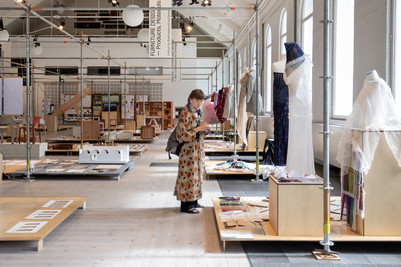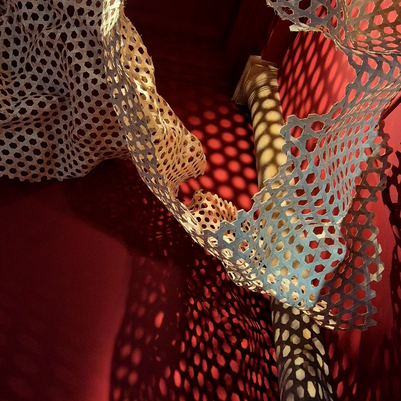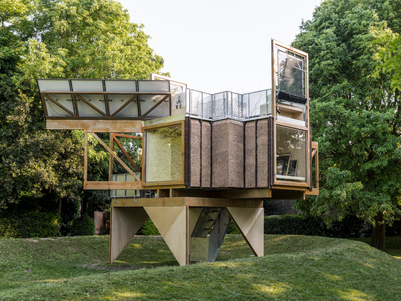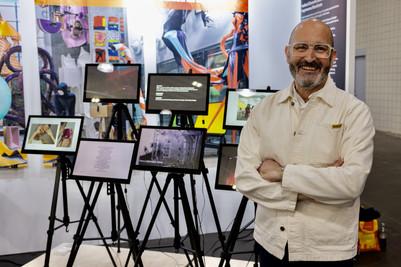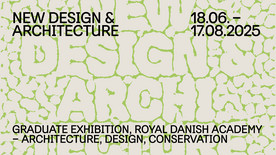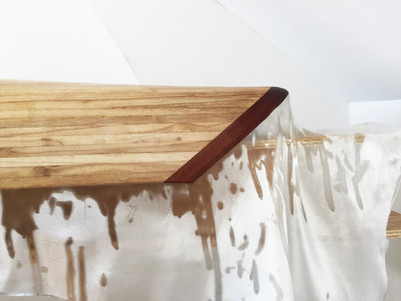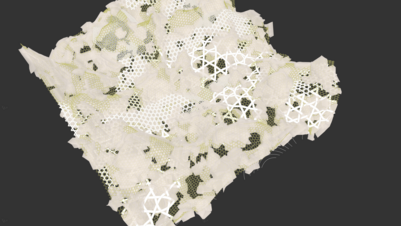
DKK 18 million from the EU for pioneering green research
The European Research Council (ERC) has granted DKK 18 million to Professor Mette Ramsgaard Thomsen of the Centre for IT and Architecture (CITA). The funding will be used to support trailblazing research into the use of carbon-neutral, bio-based materials in architecture.
Imagine caring for your house as you would a garden – or imagine a building that breathes and grows, converts energy, adapts to the seasons and maintains itself.
A new interdisciplinary research project – ‘Eco-Metabolistic Framework for Sustainable Architecture’ – explores ways of reconsidering and radically transforming sustainable building practices by using bio-based materials.
DKK 18 million for research into bio-based materials
The European Research Council has awarded a grant of DKK 18 million to Professor Mette Ramsgaard Thomsen of the Royal Danish Academy for this project to investigate how we can radically and sustainably renew our building culture by designing architecture that incorporates the use of bio-based materials.
The project is based on three overarching parameters involving the use of glulam, biopolymer composites and bioluminescent bacteria.
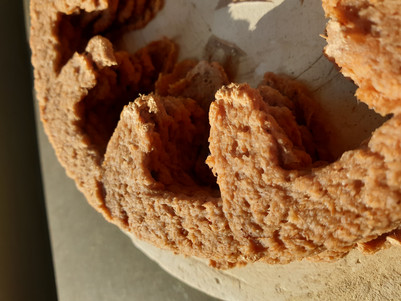
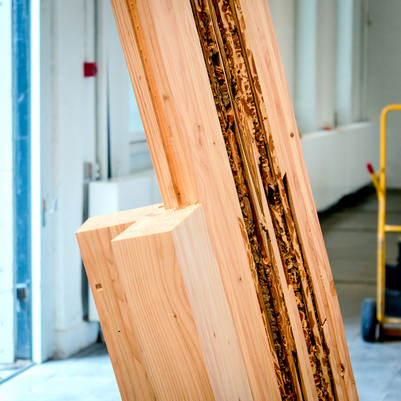
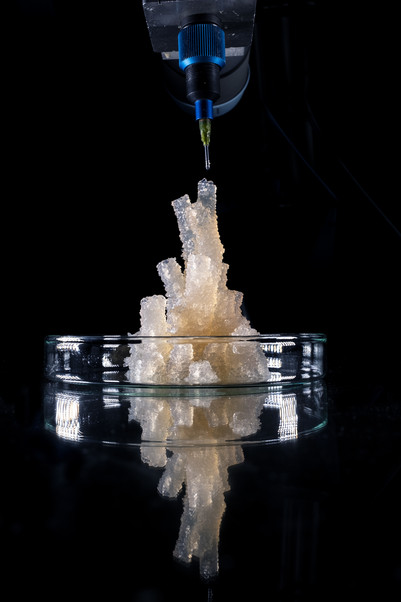
Sustainable new solutions for the building projects of the future
This highly prestigious European research grant has been awarded to only three Danish researchers this year. It targets outstanding, trailblazing ‘high-risk’ research exploring uncharted territory.
“It’s terrific that Mette Ramsgaard has made it through the eye of the needle, in cut-throat competition with the best research institutes in Europe,” says Lene Dammand Lund, Rector. “This is yet another seal of approval for the research conducted by Mette and her team, and reaffirming the Royal Danish Academy’s leading position internationally in creating sustainable new solutions for tomorrow’s building projects.”
Bio-design sets an alternative example
The construction industry – responsible for 40% of the world’s carbon footprint – is currently working to optimise traditional processes and its use of materials such as steel and concrete. In the light of the intensifying global climate crisis, however, and the depletion of material resources used in the construction industry (such as iron, sand, gravel and clay), it is also crucial to come up with entirely new approaches.
“Bio-design defines alternative methods for achieving a more sustainable future. Up to now, the construction industry has been reluctant to use new bio-based materials such as biopolymers, because they are uncertain about how such materials will react over time,” Mette Ramsgaard Thomsen explains. “Our project aims to investigate how to design for and use bio-based materials, including the unpredictability this entails, taking a holistic view of the materials’ useful life and behaviour. In so doing, we will radically challenge traditional architectural perceptions about materials and the fundamental principle of durability.”
The grant of DKK 18 million will be released over five years, and the Royal Danish Academy is the sole recipient.




